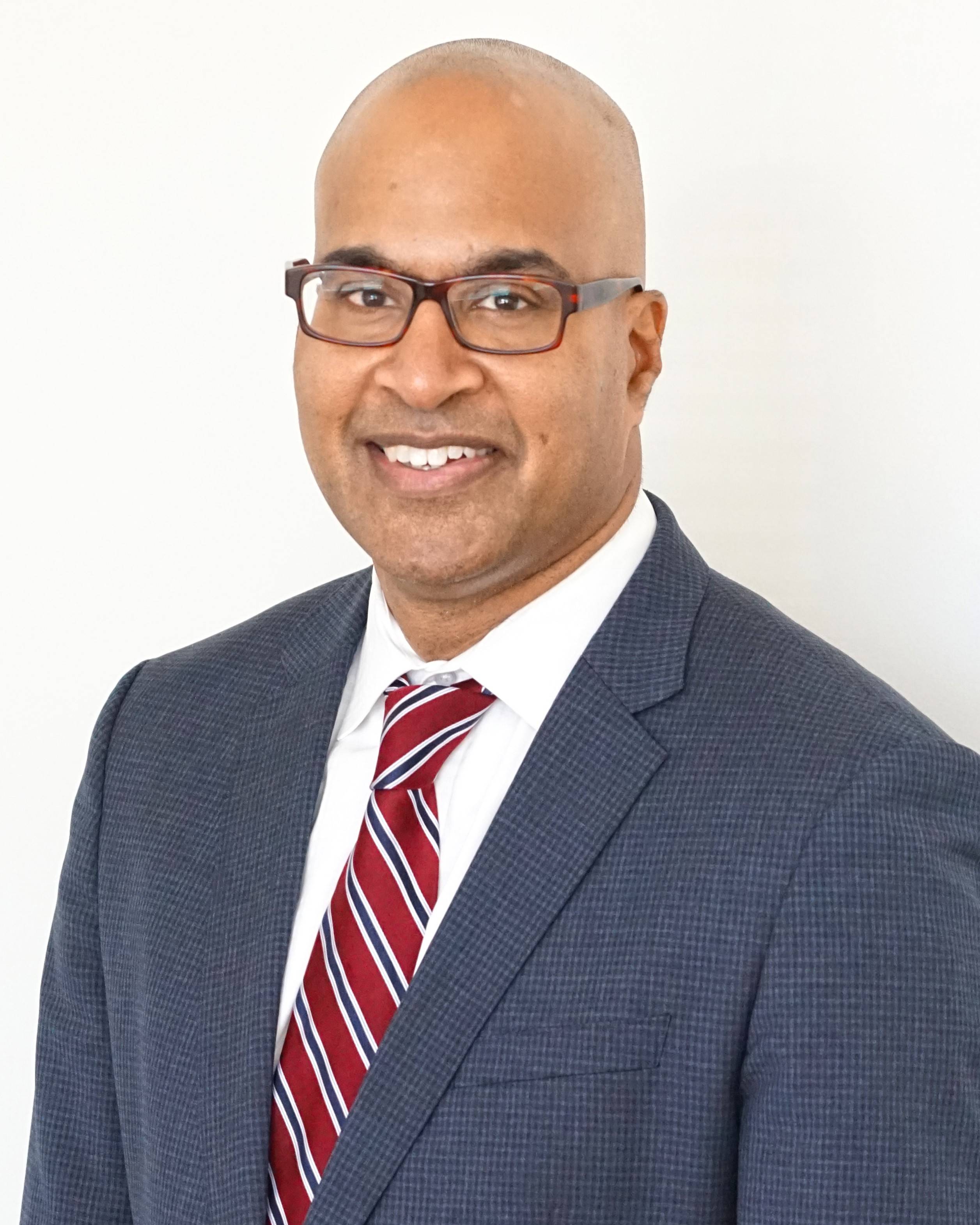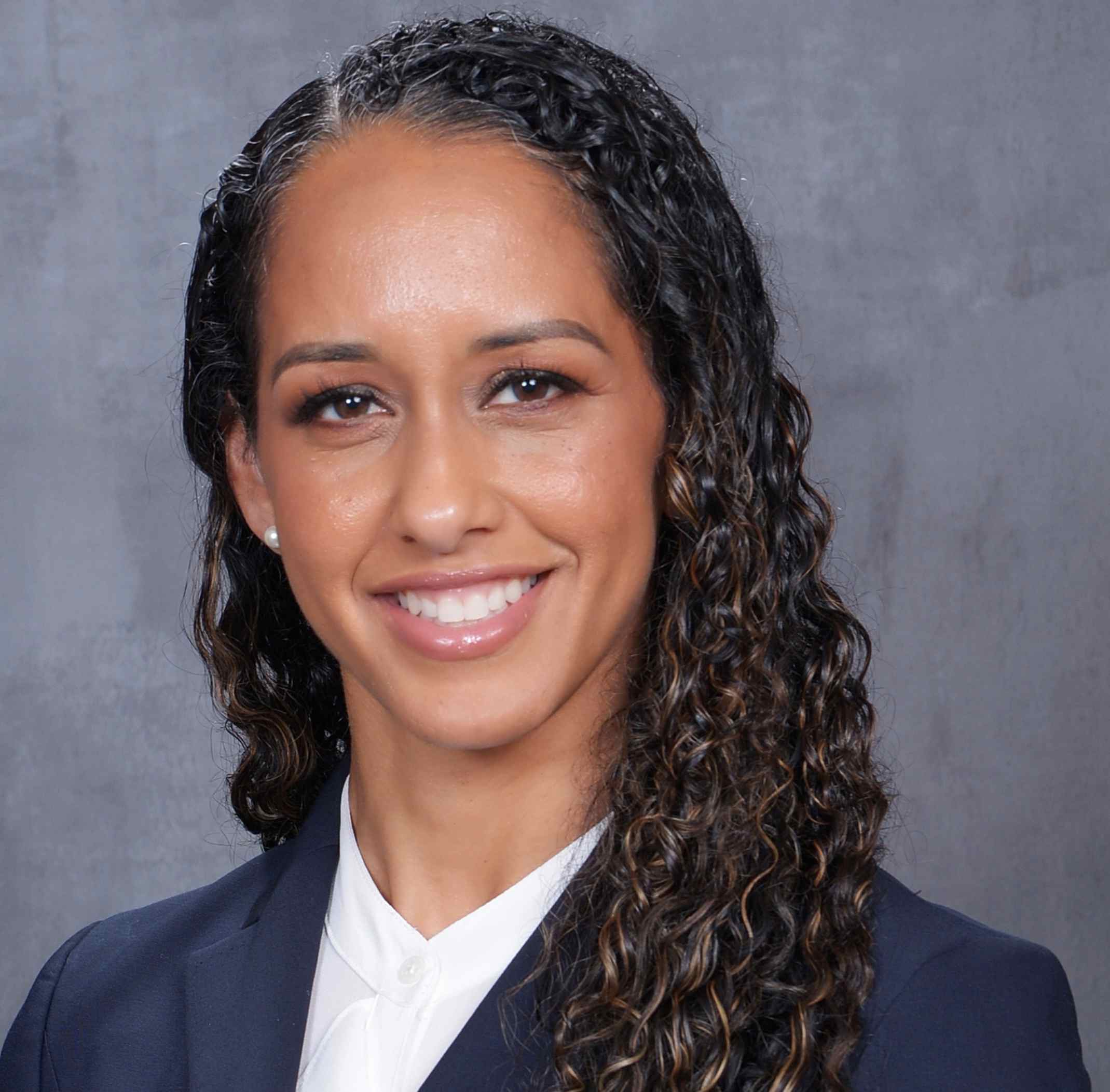Oct. 23, 2025
Meltdown over public defense in San Francisco months in the making
The San Francisco Superior Court said it will begin releasing criminal defendants because the Public Defender's Office lacks enough attorneys to represent them, prompting a sharp exchange between Public Defender Manohar Raju and District Attorney Brooke Jenkins -- and renewed debate over California's system for funding indigent defense.





Public defenders have warned for months that funding shortages would force the release of criminal defendants -- and on Tuesday, that prediction came true as the San Francisco Superior Court said it lacked enough lawyers to provide representation.
Public Defender Manohar Raju accused the district attorney's office of sucking up resources filing misdemeanor cases; and District Attorney Brooke Jenkins countered that Raju was intentionally gumming up the process to make a larger point about incarceration policies.
But some experts say the problem lies in the way that the state funds its public defender offices. California leaves most funding for public defenders to each county.
"California is one of only two states that fails to provide funding for trial-level public defense. California spends significantly more on prosecution than public defense. Prosecutors have far more resources," Leon A. Parker, principal at The Wren Collective, said.

The Wren Collective advocates against policies it claims lead to mass incarceration. Parker pointed out that two of the nation's most conservative states -- Oklahoma and Texas -- are national leaders in public defender funding.
"Regardless of politics, it's common for states to provide funding for trial level indigent defense," he said.
Earlier this year, the California Public Defenders Association sought $40 million annually for three years in the state budget to support county defender offices. Instead, it received $15 million.
According to public records, the San Francisco Public Defender's office has about a $58 million budget this fiscal year, a $1.6 million increase on the year before, compared to more than $93 million for district attorney's office. The Sheriff's Office budget is around $172 million.
In a May letter to San Francisco Superior Court Presiding Judge Rochelle East, Public Defenders' Office Chief Attorney Matt Gonzalez, said its attorneys would be unavailable one day a week in all misdemeanor arraignments and for some felony arraignments.
Gonzalez warned the court that "the constitutionally mandated duty of providing effective representation to poor persons charged with crimes is implicated when resources do not keep pace with workload."
On Tuesday, that issue began to play out in San Francisco when the Superior Court announced that it would begin releasing criminal defendants from pretrial custody because the Public Defender's Office has declared itself unable to take new cases, leaving hundreds of people without legal representation.
"The reality is that the courts and defense attorneys would not be so overwhelmed if the District Attorney's Office weren't filing so many frivolous and unsubstantiated cases," Raju said in an email soon after the announcement. "The District Attorney's Office has the sole discretion over what cases to file, and no matter how unjust and unfair the charges are, and how vulnerable and complex the needs are of individuals charged, our Public Defender's Office continues to stand with as many of these individuals as we reasonably can to protect their due process."
Raju claimed the District Attorney's Office is filing 60% more cases than it did in 2021--the year before Jenkins was appointed to replace District Attorney Chesa Boudin after he was recalled--and said Jenkins is "overcharging" minor cases, leading to "predictable results."
Jenkins told the Daily Journal that Raju's lawyers are advising defendants to reject diversion offers and that the misdemeanor caseload is similar to the 2017-2019 period before it dropped under Boudin.
"The Public Defender's Office is making a strategic decision to balloon misdemeanor case levels by clearly advising their clients to reject offers of diversion that would leave them with no conviction and a sealed record," Jenkins said in a phone interview Tuesday.
The district attorney also took aim at what she called the "inefficiencies" of the court, claiming her trials continually face "lengthy delays".
"We often see judges taking considerable amounts of time off that interrupts trials. We have cases sent out that, quite frankly, should take two or three days that end up taking one or two weeks," Jenkins said.
"The length of the trial schedules is something that is just quite unacceptable. These cases should not be taking this long to move through the system," she added.
California District Attorneys Association CEO Greg Totten said he "wholeheartedly" agrees with Jenkins.
"This is a potentially dangerous card that the public defender is playing," Totten said Wednesday. "I'm hopeful that the court will do an inquiry and look at caseloads. They've been continuing large numbers of cases, which public defenders often do, and courts are reluctant to prevent continuances."
Public records show Raju's office received up to $2 million from various state sources this fiscal year, including money for the state's CARE Court program. It also received over $1 million annually through the state's Public Defense Pilot Program, which ran between 2021 and 2024.
That support is still far below levels in many other states. State funding for public defenders has expanded nationwide in recent decades. The Indiana Public Defender Commission refunds up to half a county's defense program if it meets performance standards. The Ohio Public Defender maintains decentralized control but can refund up to 100% of county costs. The Arkansas Public Defender Commission pays local salaries while counties cover offices and overhead. Louisiana requires the state public defender's office to redistribute about two-thirds of its funding locally.
Many of these systems date from the late 1970s to early 1990s, when incarceration rates were rising. Conservative lawmakers often supported defense funding to ensure criminal cases were not dismissed or overturned for lack of counsel.
In other words, they were trying to avoid what happened in San Francisco this week. A similar debate unfolded in April in the Idaho House of Representatives, where Republicans hold 60 of 70 seats. Lawmakers approved $32 million in additional funding for the Idaho Public Defender's Office--a year after the state assumed full fiscal responsibility for indigent defense.
"We have over 1,200 cases without an assigned attorney today, and we still have an obligation to correct and fix this problem and make sure we're not leaving clients without that representation," said Rep. Dustin Manwaring, R-Pocatello.
After a decade-long swing away from tough-on-crime policies, California voters passed Proposition 36 last year. It pushes people arrested for drug crimes into treatment and makes it easier to charge serial thieves as felons. It is unclear how much Proposition 36 has increased prosecutions statewide, but some prosecutors are using it more aggressively than others. The District Attorneys Association also pushed--unsuccessfully--to get lawmakers to include more funding to implement the initiative, which it backed and Democratic lawmakers largely opposed.
"It was odd that they put money in for the public defenders and didn't address the core issues related to Prop. 36," Totten said.
Malcolm Maclachlan
malcolm_maclachlan@dailyjournal.com
James Twomey
james_twomey@dailyjournal.com
For reprint rights or to order a copy of your photo:
Email
Jeremy_Ellis@dailyjournal.com
for prices.
Direct dial: 213-229-5424
Send a letter to the editor:
Email: letters@dailyjournal.com




